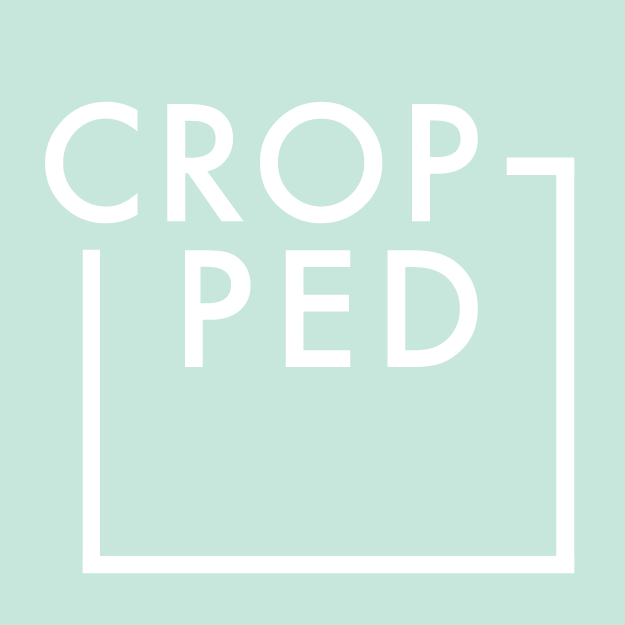CRAFTING A CALL FOR HELP
By Jennifer Booton
It started a week before my mom died.
I remember sitting in the hospital staring at her, the methodic beeping of the heart-rate monitor fading into the background as I zeroed in on her soft, tan skin and dark Italian features. Her black hair was speckled with grey, and while it had been pin-straight my entire life, it now sat on her head in a bunch of tightly wound curls, the result of years’ worth of cancer-fighting chemicals.
I had always thought I was being brave by keeping things to myself. I had never been one to discuss my personal strife with others and had put great effort into keeping the dysfunctional parts of my life locked behind a happy facade so as to not upset anyone else with war stories of my parents’ divorce, my father’s alcoholism and my mother’s disease.
But as I sat there that day waiting — awaiting direction from doctors, awaiting last rites from the priest, awaiting the stream of loved ones who would come to say their goodbyes, awaiting the death of my second parent when I was just 25 years old — I began to realize I wasn’t being brave by keeping everything inside, but using silence as a crutch to disguise my fear. I was terrified to voice what was happening, as though putting it into words somehow meant admitting the nightmare was real.
“I had never been one to discuss my personal strife with others and had put great effort into keeping the dysfunctional parts of my life locked behind a happy facade.”
I was devastated, grief-stricken and scared yet desperately in need of support and connection. So I did the bravest thing I could think of and began crafting a call for help, using a site that was the most familiar and personal forum for me at the time. It was a measly 100-word Facebook post. But admitting my mom was going to die in such a public way was one of the hardest things I’ve ever had to do. Not only did it mean that I was accepting the reality of the situation, but it also meant that I would put myself out there in an extremely vulnerable way, in hopes others would understand that I needed help to get through it.
I wrote: “Mom's the best fighter I know but after three years battling breast then brain cancer, this time she's not going to make it. Thanks for all the support over the years from everyone — I know she appreciated it and I think all the love helped her to hold on for as long as she did. Doug and I are staying strong and taking solace in the fact that even as she slips deeper into sleep, she's smiling at grandma's jokes and giggling at my clumsiness. She knows we're all around her and that's all she could ask.”
I held my breath when I hit publish, unsure how the world would react to something so sad and raw on what was, among my friends, typically a happy platform. As it turns out, many of them were receptive to that kind of thing. Support began immediately pouring in from close friends and acquaintances. By the end of the day, roughly 200 people liked the post, 70 people left encouraging comments and dozens more reached out to me directly. It may sound superficial, but it was a beacon at a time when I felt like I was losing everything.
I now try to pay it forward by regularly sharing my struggles via social media posts, along with inspiring tidbits about life. Some of those posts are happy, while others are sad. For example, last week I helped an elderly woman shovel snow from her stoop. Afterward, we talked about her life, and she lit up as she reminisced about her past. We took a few photos together, and I shared them along with her story on Facebook. Some of the less-cheery posts come when I’m feeling vulnerable or upset. I often feel alone on Valentine’s Day, for example, so this year I posted a collage of photos from skydiving, my hobby, and wrote a story about why it’s so important to pursue your passions.
“I held my breath when I hit publish, unsure how the world would react to something so sad and raw on what was, among my friends, typically a happy platform.”
I still post about my mom and dad as well. Sometimes I’ll share something simple about them, such as a photo with a caption about how I miss them. Other times I offer a story or memory, such as how my mom was always thinking about other people and would often surprise those close to her with tiny, thoughtful gifts.
My hope is to let others know they aren’t alone in their struggles — to serve as that beacon as they navigate their own dark moments.
Over the past three-and-a-half years, several people have reached out to me after reading one of my candid posts, seeking connection with someone who might be able to understand what they're going through. I can only hope I’ve been able to help them half as much as the outpouring of support I received that day in the hospital helped me.
Author Brené Brown once gave a TED Talk about vulnerability. She said: “Only when we are brave enough to explore the darkness will we discover the infinite power of our light.”
My saddest, most deeply emotional experiences have shaped me into the person I am today. I’m more empathetic and passionate. I live more fully and fearlessly.
In finally exploring — and sharing — my darkness, I have found light.
Jen Booton is a writer and reporter based in New York City, though she currently lives across the river in Hoboken, New Jersey. She loves to travel and recently picked up skydiving as a hobby.

